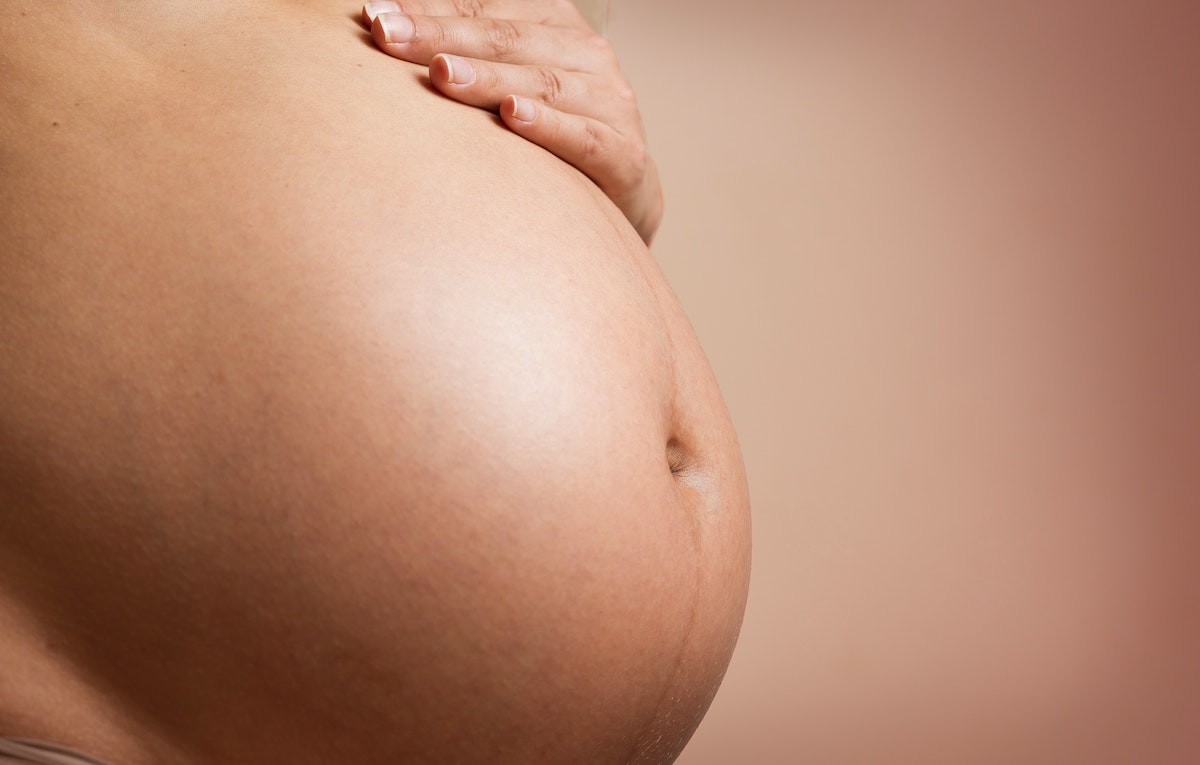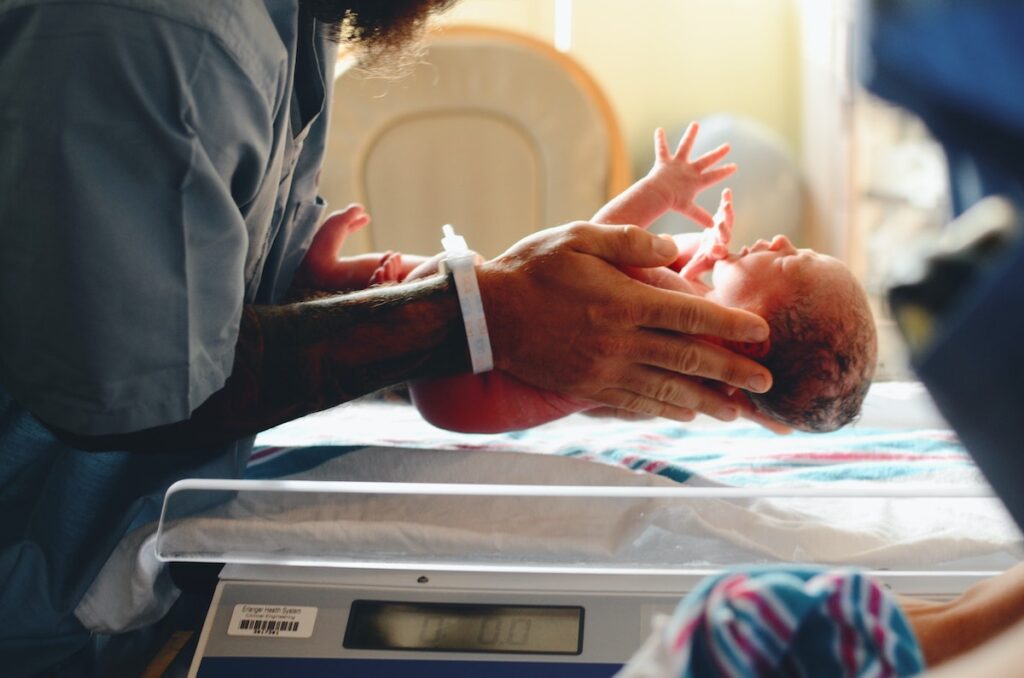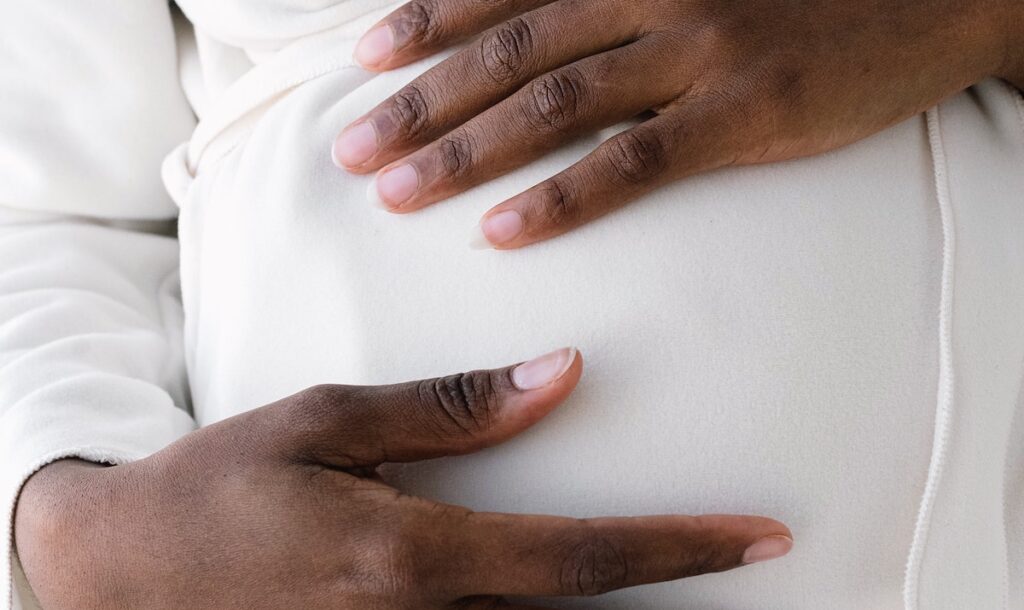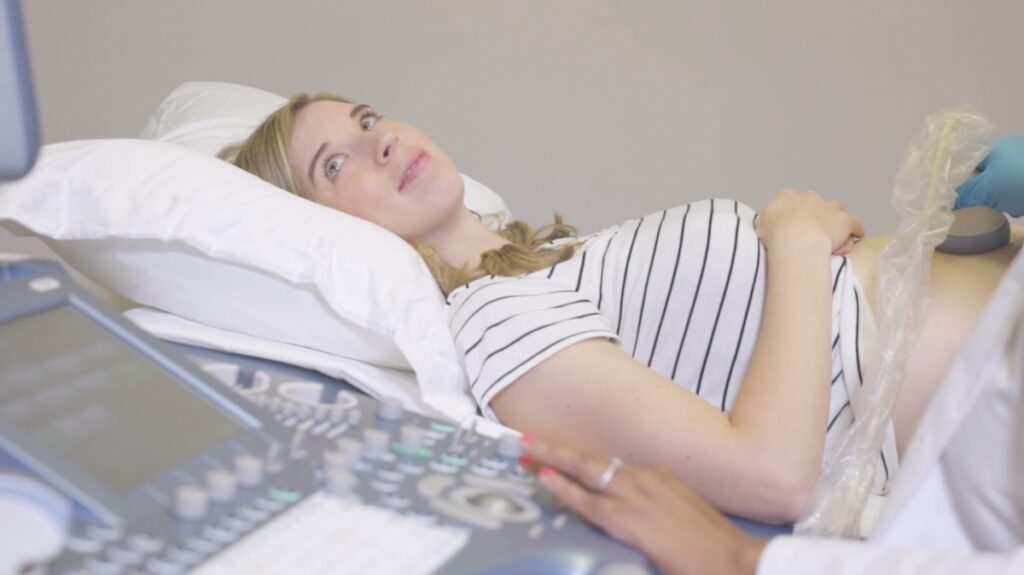If you’re pregnant with multiples, such as twins or triplets, then you can expect to have extra monitoring and care for you and your babies.
Your doctor or midwife will refer you to a high-risk doctor such as Perinatal Specialists of Kansas City for specialized care. Because being pregnant with multiples can have a higher risk, we want to make sure we are doing everything we can to keep you and your babies safe. Here’s some of the ways we do that:
Frequent Doctor Visits
We’ll have you come in for frequent visits at Perinatal Specialists of Kansas City in order to catch any early signs of complications. The number of visits will vary depending on any health conditions you or your babies have. You also can expect to have more frequent visits the farther along you are in your pregnancy.
Having preterm birth is the most common complication of pregnancy of multiples. Babies born before 37 weeks are considered preterm, and they have an increased risk of both short- and long-term health problems. The earlier babies are born, the higher their risk for severe health problems. Make sure you tell your provider if you notice any strange symptoms, such as cramps, frequent contractions, abdominal pressure, or changes in vaginal discharge.
Changes to Diet and Exercise
If you are pregnant with multiples, you will likely need to make changes to your diet. Typically, moms need to add extra calories while pregnant. As a general rule of thumb, appropriate weight gain for twin pregnancy based on pre-pregnancy BMI is as follows:
- BMI 18.5 to 24.9 kg/m2 –Weight gain 37 to 54 lb (16.8 to 24.5 kg)
- BMI 25.0 to 29.9 kg/m2– Weight gain 31 to 50 lb (14.1 to 22.7 kg)
- BMI ≥ 30.0 kg/m2– Weight gain 25 to 42 lb (11.4 to 19.1 kg)
It’s also important to stay active and exercise during your pregnancy. However, you may need to stick to low-impact activities, such as walking, prenatal yoga, and swimming. If you develop certain complications during your pregnancy, we may recommend avoiding exercise, but otherwise you can aim for exercising about 30 minutes a day.
Moms of multiples also have a higher risk of developing preeclampsia and gestational diabetes, which carries additional risks for the mother and for the babies. If you develop this condition, then we will make recommendations for changes in your diet, exercise, and possible medications to keep any complications in check.
Frequent Ultrasounds
In pregnancies with multiple gestation, babies have an ultrasound performed every 4 to 6 weeks starting in the 2nd trimester. This will help us monitor your babies’ growth and development and help us identify when additional testing or more specialized ultrasounds may be needed.
Ultrasounds can help us determine early on if your babies share the same placenta, amniotic sac, and if they are identical or fraternal. In pregnancies which share the same placenta or amniotic sac, ultrasounds occur more frequently than in pregnancies in which a placenta or sac is not shared. You may hear your clinician refer to your twins using the following medical terms:
Dichorionic/Diamniotic Twins (“Di/Di” for short): This means that both babies have their own placenta and own amniotic sac. The only item they share is your uterus. A common misconception is that dichorionic/diamniotic twins are fraternal. However, they can be either identical or fraternal depending on how early the fertilized egg split into two or if two eggs ovulated at the same time. Dichorionic/Diamniotic twins are typically the lowest risk twins to have.
Monochorionic/Diamniotic Twins (“Mono/Di” or “Mo/Di” for short): This means babies share the same placenta, but have their own amniotic sac. Because they share the placenta, these pregnancies are at risk of Twin-twin transfusion syndrome (TTTS) and Twin anemia-polycythemia sequence (TAPS). Monochorionic/Diamniotic gestations require increased ultrasound follow up compared to dichorionic/diamniotic gestations.
Monochorionic/Monoamniotic Twins (“Mono/Mono” or “Mo/Mo” for short): This means babies share the same placenta and same amniotic sac. In addition to TTTS and TAPS, entanglement of the umbilical cord is a risk unique to monochorionic twins. Frequent follow up, multiple times a week and hospitalization often occur.
Conjoined twins: This occurs when the fertilized egg fails to completely separate, leading to the babies sharing portions of their body and even organs. This is an extremely high-risk condition, however, it is also a rare occurrence.
Additional and Specialized Testing for a Pregnancy of Multiples
If we suspect there may a problem, we may recommend specialized testing, screenings or diagnostic tests. If we do discover complications that will require specialized care for your baby before or after birth, we may refer you to a consultant, such as a pediatric cardiologist or neonatologist.
Contact Us for Help
We are leaders in maternal fetal medicine, offering state-of-the-art screenings and tests, as well as advanced ultrasounds and monitoring options to reduce your risk before and during your pregnancy.
If you recently found out you are pregnant with multiples, Perinatal Specialists of Kansas City can help. Contact us at (913) 291-0069 to book your first appointment.



